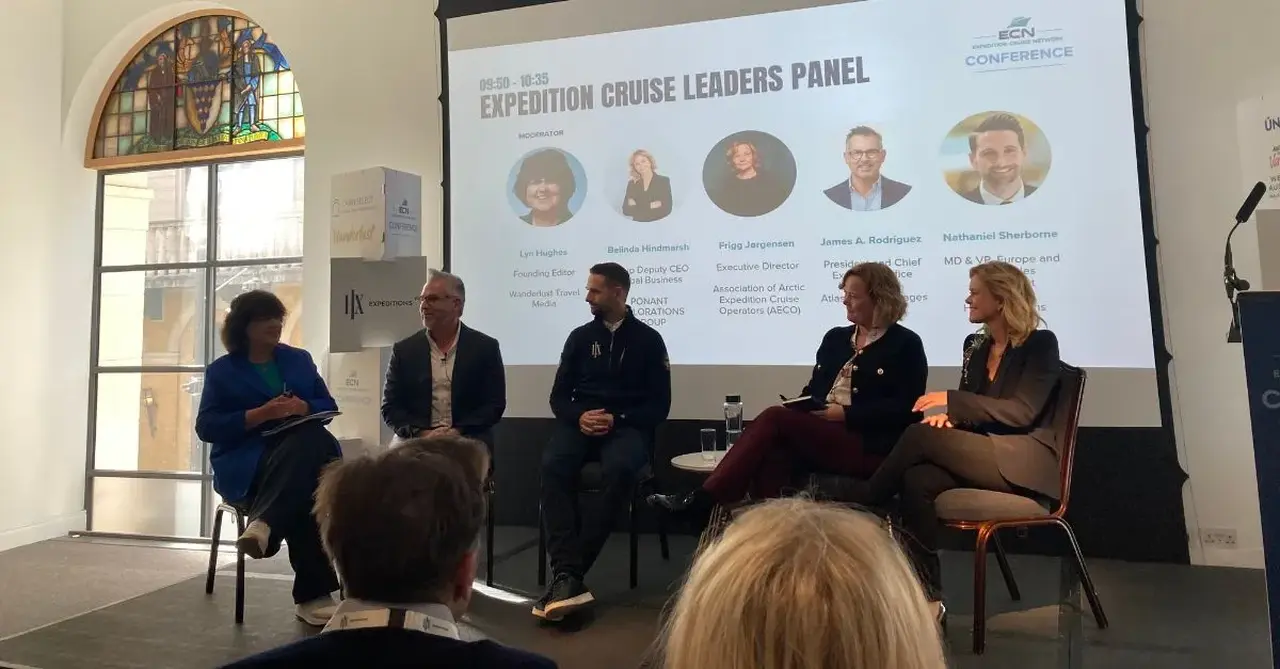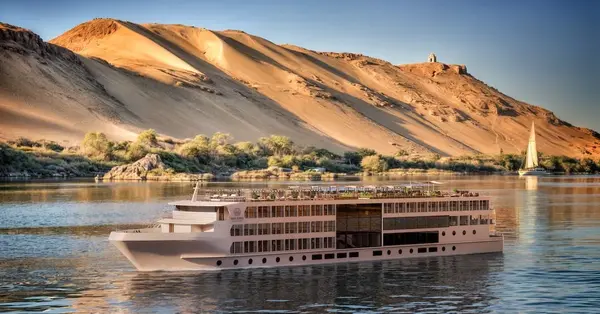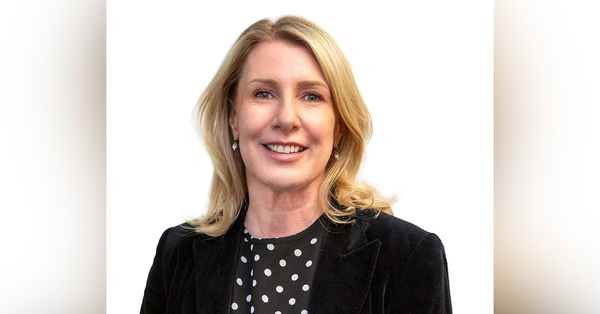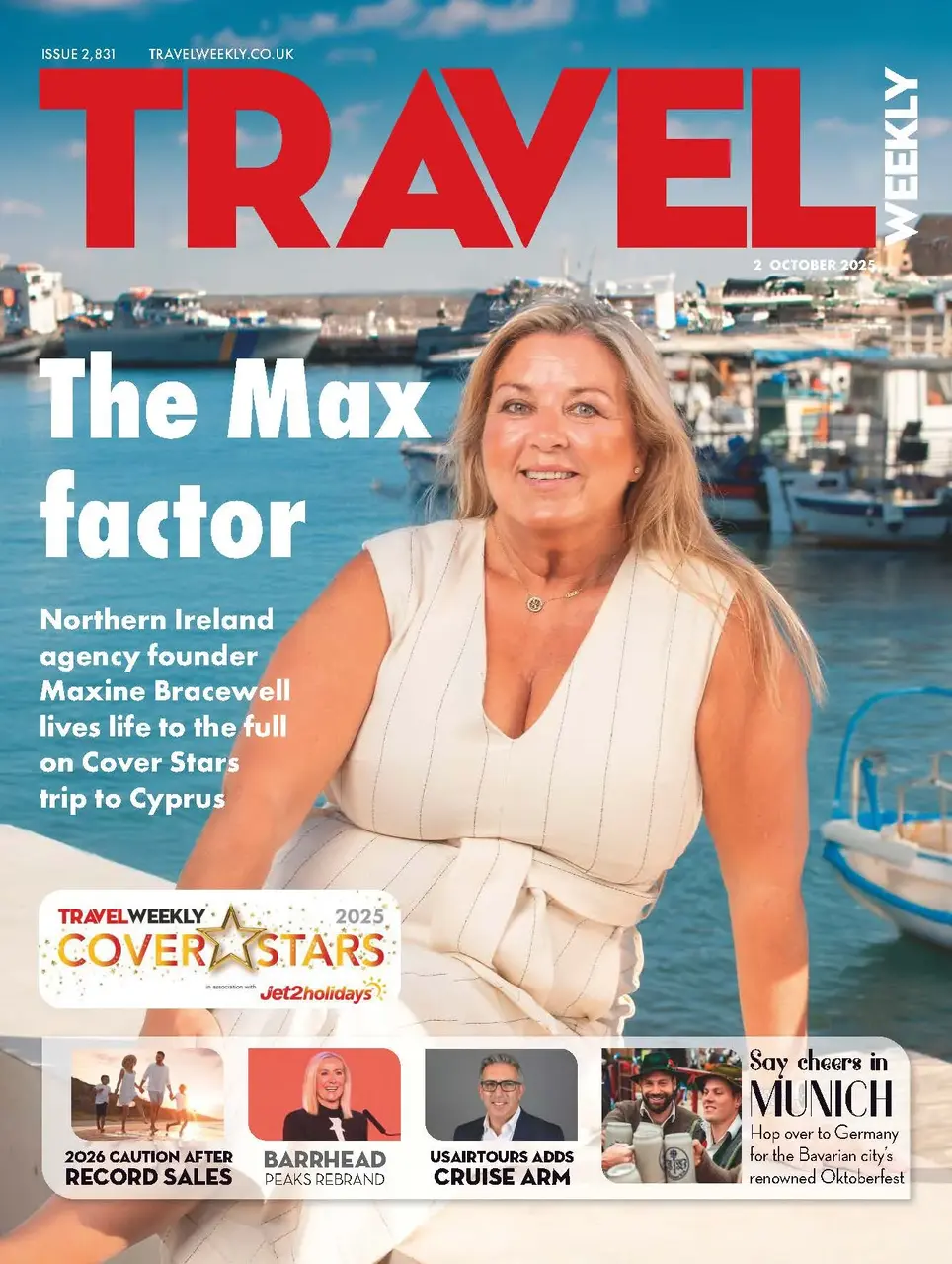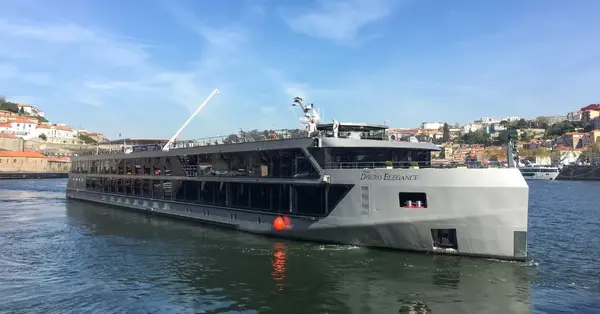You are viewing 1 of your 2 free articles
Expedition sector needs to focus on ‘creating value’ for communities
Expedition operators need to prioritise “creating value” for the communities they visit or risk more restrictions and costs on operations, the Expedition Cruise Network conference (ECN) heard.
Frigg Jorgensen, executive director of the Association for Expedition Cruise Operators in the Arctic (AECO), told delegates: “The time where cruise lines visited harbours and only paid harbour fees and left again without creating other values to the area is over for the Arctic.”
She said if the cruise industry was “going to have a future” in the region, they would need to engage with communities by using local products, guides and tour operators, regularly meeting with destination representatives and offering traineeships and educational programmes.
Jorgensen added that “community engagement” was now the organisation’s “most important pillar”, having changed in recent years from being directed towards environmental sustainability to “creating value for the areas we visit”.
“When we launched community engagement as a phrase in our organisation back in 2018 it may then have been considered ‘a nice to have’ but today it is the ticket to the Arctic,” she said.
“The communities and the people of the Arctic are the ones who decide what happens in the Arctic, including who comes to the Arctic, where can they go and what can they do.”
AECO covers operations in Svalbard, Greenland, Canada and Iceland, with 80 international members, of which 40 are cruise lines which have carried 60,000 passengers this year.
Jorgensen added that over the past 10 years, there has been an increasing number of regulations and increased costs in each of the areas it operates in, which she said “will continue” because of the growth in tourism.
She said: “Some of these authorities and locals, they have concerns about this growth.
“Both about what the environmental impact may be, but also about them not being the receiver of the value they create, and that outsiders are coming in and benefitting from their areas.”
She stressed that local sentiment would “drive politics”, which in turn would “drive regulations, taxes and fees”.
Jorgensen urged expedition operators to “be vigilant to the impact and power of these communities” and be “prepared to invest” and “take it very seriously” to be able to operate in the future.
Ponant group deputy chief executive of global business Belinda Hindmarsh said sustainability and working with communities was “very much at the heart” of the company, and they were “quietly and continuously working” on both.
She added: “As a community, we are doing a better job of working with local authorities and associations to make it clear the economic impact on a destination if you do pull out.
“New Zealand is a great example of that where this is a lot of rallying now to re-engage with the cruise industry.”
Atlas Ocean Voyages president and chief executive James A Rodriguez highlighted that regulations and new taxes were “a challenge”, describing “surprise taxes” that needed to be passed on to passengers as “an education issue”.
Nathaniel Sherborne, HX vice-president and managing director for Europe and global sales enablement, said: “We need to continue to make sure that there is sharing of the opportunity within the destinations, and one of the biggest challenges is demystifying the sector.
“If more people could enjoy it, there would be more opportunity for investment within the sector and greater ease to apply to regulations.”

